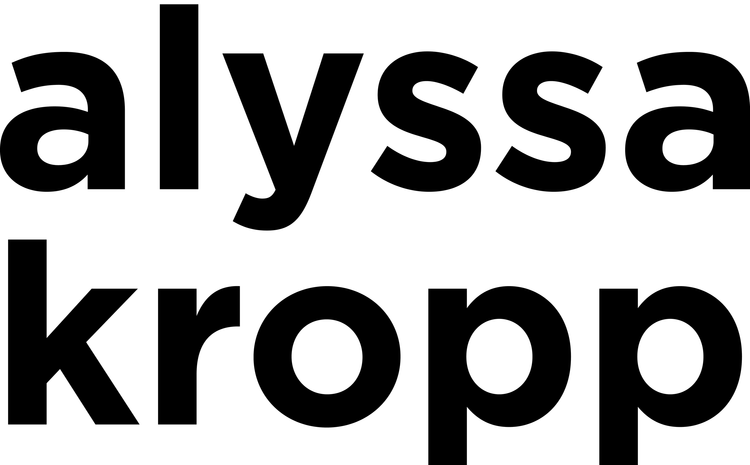Supporting State Medicaid Programs through Technical Rapid Response
Background
In response to the COVID-19 Public Health Emergency (PHE) in 2020, Congress enacted several policies to protect Americans. Among these was a continuous enrollment provision that allowed states to maintain Medicaid and CHIP coverage for enrollees throughout the duration of the PHE—a policy that protected health care coverage for, at its peak, more than 90 million eligible low-income adults, children, pregnant women, elderly adults and people with disabilities (Medicaid, 2023). This provision expired on March 31, 2023, and states were given 12–14 months to resume annual redeterminations: the process of verifying enrollees’ eligibility to either renew or terminate their coverage. The period following the end of the continuous coverage provision in 2023 and return to normal operations is often referred to as the “unwinding” period.
The United States Digital Service (USDS) formed a partnership with Centers for Medicaid and CHIP Services (CMCS) and state Medicaid offices to streamline and improve the Medicaid redeterminations process for enrollees, application assisters, and state staff in a “rapid response” format.
Context: USDS
Role: Design co-lead
Timeline: June 2023 - February 2024
Focus: workshop design; design research; service design
More information: Read the design team’s case study on this work over at EPIC.

Rapid Response Framework
Add here about our rapid response approach
Design Methodology
Write here about the design methods we used: science fair, mystery shopping, observation, interviews, workshop design, content design, UX, visual design, etc.
Impact, Outputs, & Lessons Learned
Data and impact numbers here
Data and impact numbers here

